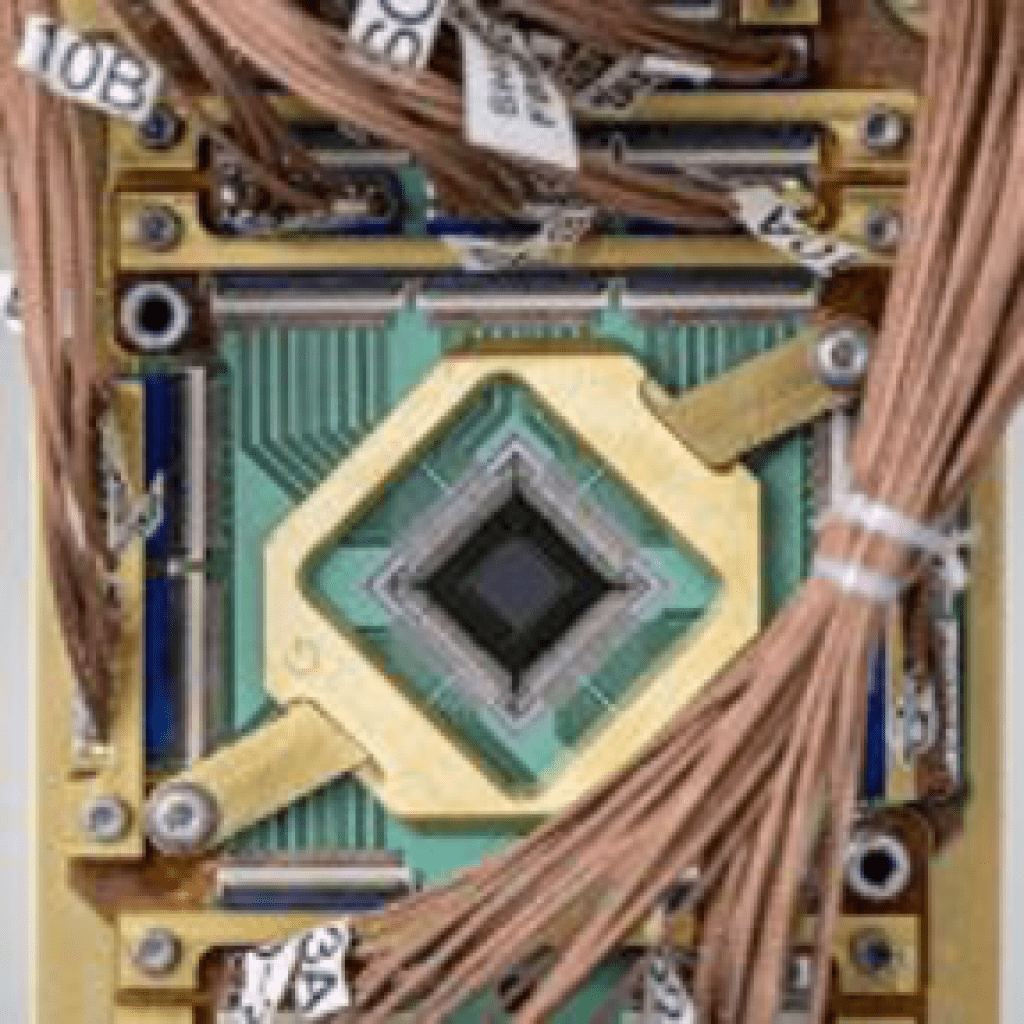Survey says many orgs plan to increase quantum computing commitments, budgets

A survey of companies already engaged in quantum computing efforts found that 80% of the 300 U.S. and European organizations that participated in the study plan to increase their quantum computing commitments in the next two to three years.
Furthermore, about one third of survey respondents said they foresee annual quantum computing budgets exceeding $15 million, and one fifth suggested they could exceed $25 million annually, according to the survey, which was commissioned by D-Wave Quantum and conducted by Hyperion Research. One of the requirements for participation in the survey was that firms already be engaged with quantum computing projects.
The survey also identified the top value drivers for respondents as they continue to work with quantum computing technology, including the promise of enhanced business process efficiencies and increased revenue. Other drivers for adoption that were mentioned included the opportunity to improve research capabilities, and the opportunity to gain a competitive advantage. A statement issued by D-Wave noted that European respondents were nearly twice as interested in driving competitive advantage as U.S. counterparts.
Among other findings, about half of the respondents who said they plan to increase their commitment to the technology, further stated that they are planning to move forward at a measured pace with modest increases in funding and allocation of internal resources. About one third said they are planning to move aggressively to incorporate quantum computing into their overall compute environments.
Organizations that participated in the survey, while all working with quantum computing in one way or another, are at a variety of different stages in the exploration, experimentation, and ongoing adoption of the technology. The majority indicated they were exploring options and monitoring technology developments, while others said they were at the stage of performing quantum use case analysis and prioritization. About 97% described their progress to-date as very or somewhat successful.
Regarding the applications and computing problems those organizations are targeting, 49% identified machine learning applications and 48% identified finance-oriented optimization as use cases. The former has been an area of increasing focus for companies such as Hyundai, and the latter previously has been identified as a key area for quantum investment by IQT Research as well. Meanwhile, more than 40% selected logistics/supply chain management and modeling/simulation as their use cases.
The survey findings come as D-Wave, which began life as a publicly-traded company last August, and other quantum computing firms are looking for reason to hope that more enterprise spending on the technology lies around the corner.
“As quantum computing exploration and adoption continue to ascend in importance to the modern enterprise, it’s clear that companies are experiencing traction and looking to double-down on their quantum investment,” said Dr. Alan Baratz, CEO of D-Wave. “Organizations are increasingly recognizing the impact practical quantum solutions can have on solving their most complex computational problems, thereby driving operational efficiencies and fueling growth. The feedback from companies in this study reflects what we’re hearing from our customers – practical quantum computing is unlocking near-term business value and is quickly becoming an essential tool in helping achieve competitive advantage.”
Dan O’Shea has covered telecommunications and related topics including semiconductors, sensors, retail systems, digital payments and quantum computing/technology for over 25 years.



















